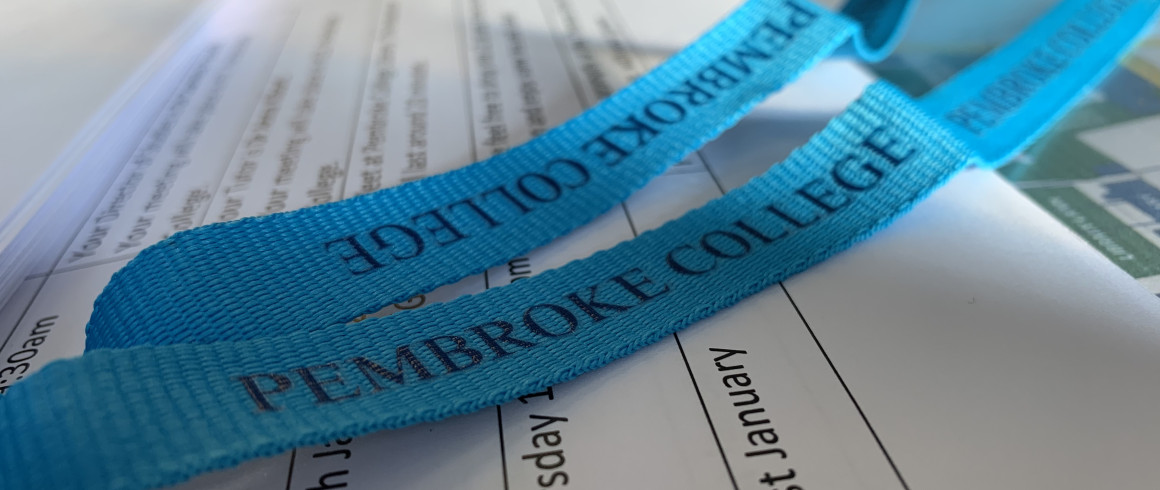Cambridge and its Writers: 1209 - Present
Over its eight-hundred-year history, the University of Cambridge has nurtured some of the most influential writers of literature in English. This course examines writers who studied in, taught at, or had certain significant encounters with Cambridge, reading their works in relation to the history of the town and the university.
While no course could reasonably cover the full variety of literature written across this period, taking Cambridge writers as our focus enables a rich sampling of authors – including Christopher Marlowe; John Milton; William Wordsworth; Alfred, Lord Tennyson; Virginia Woolf; E. M. Forster; Sylvia Plath; Helen Oyeyemi; and Zadie Smith. Many more writers connected to Cambridge’s literary and intellectual life will be sampled briefly. Along the way, we travel from the University’s medieval origins in a backwater market town to the globalised university and cosmopolitan city of the present.
Many of the texts we read were composed during the author’s time studying here, offering a rare opportunity to explore how the evolution of academic life has influenced the writing of literature. The content and structure of the university’s teaching has indeed often found its way into the work of Cambridge writers: from the rise of humanism in the fifteenth century to modernism’s dialogue with philosophical realism at the turn of the twentieth.
The university itself has also often been the subject of literary writing. Cambridge’s advancement of science and its shifting role in English politics were never far from the concerns of the authors that passed through its cloistered colleges. Alongside close readings of literary texts, the lectures and seminars in this course will discuss such historical contexts as humanist philosophy, the Protestant Reformation, the scientific revolution, British imperialism, the debate between realism and idealism in philosophy, and the modernisation of universities. Expect a stretching and enriching journey through centuries of English literature and intellectual history, surrounded by the lived environment that shaped them.
Course Objectives
By the end of this course, students should be able to:
- read texts critically and in a way that shows an understanding of their formal and aesthetic qualities, their historical and material contexts, and the complexities of their ideas and themes as thought out in their form
- recognise the range of literary and cultural texts and historical and cultural contexts studied in this course
- learn the basic outline of the literature of Cambridge writers from 1209 to the present
- express an understanding of texts and their contexts in dialogue with others, in written assignments, and in an exam
- utilise the core concepts and terminology of literary study and the history of ideas
Intended Audience
This course is aimed at students who are intellectually curious, willing to read a wide range of sometimes challenging texts, and excited to think across disciplinary boundaries. It will be of particular relevance to students of literature and history, but will also engage with questions relevant to the study of philosophy, religion, politics, and the history of science.
Previous Knowledge
There are no formal pre-requisites for this course, although an advanced level of English language ability is required.
Students will also find it helpful to have a general awareness of British history and of literature writing in English from the Early Modern period to the present. For students who have not covered this in survey courses at their home universities, it may be helpful to read the editorial introductions to the different sections in The Norton Anthology of English Literature or to visit the Norton Anthology website.
Context on English history may also be usefully gleaned from Simon Schama’s classic A History of Britain, particularly volumes II and III.
Transferable Knowledge and Skills
This course will develop skills in close reading, analytical writing and speaking, and the ability to connect texts with wider contexts. The knowledge gained will be relevant to future studies in many fields including literature, history, religious studies, and the history and philosophy of science.
Dr Nathaniel Zetter
Dr Nathaniel Zetter is a Teaching and Research Associate in English Literature at Pembroke College, University of Cambridge. He teaches broadly across modern and contemporary literature, critical theory, and visual culture. His current research interests concern modern war literature, the intellectual history of criticism, and the aesthetics of digital culture.
